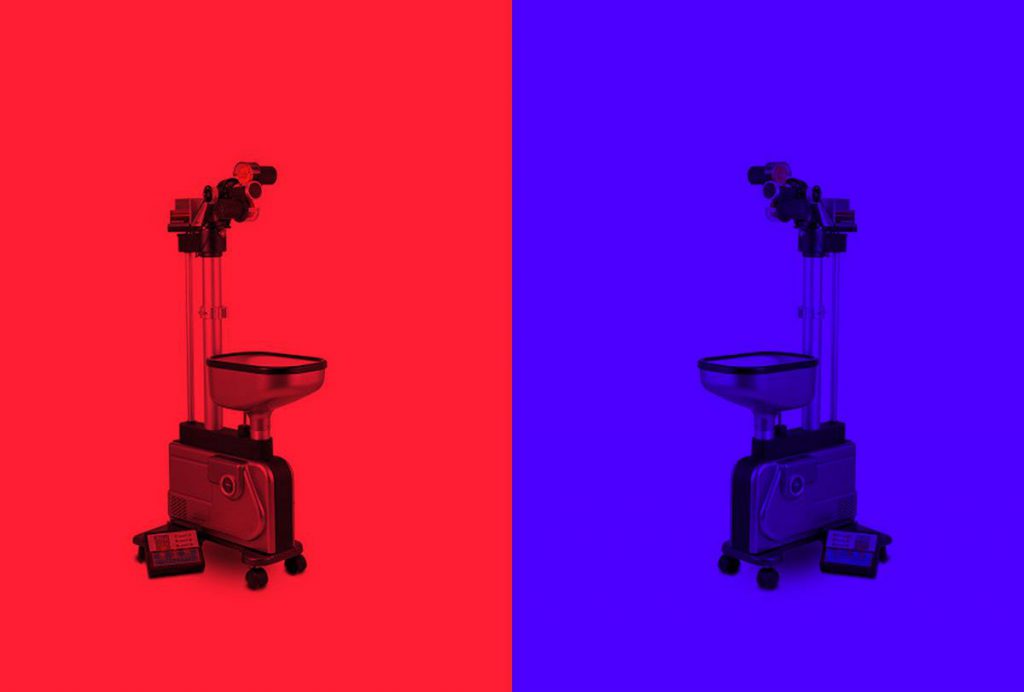
Versus
Jonas Lund
June 10 – August 21, 2016
Växjö Konsthall, Norra rummet
Opening: Friday June 10, 5 -7 pm
Växjö Konsthall is happy to host the first exhibition in Sweden by the artist Jonas Lund, who grew up in Växjö.
Lund is one of the strongest up-and-coming Swedish artists globally. During the past few years he has frequently exhibited work at reputable institutions and galleries all around Europe and the USA. For example, earlier this year he participated in the exhibition Electronic Superhighway (2016 – 1966) at the Whitechapel Art Gallery in London. Although the artist’s career is proceeding rapidly on the global art scene, this is his first exhibition in his homeland. That is why it is especially exciting that he will be showing at Växjö Konsthall.
Jonas Lund’s work is vast, and he works with various art forms—everything from painting to web-based projects. The content of his work revolves around the problems of interfaces between capitalism, engineering and social change. Globalization is one of the great issues of our time, which is often blamed for all manner of earthly woes, and meanwhile seems to be an unstoppable process. The sociologist, Manuel Castell, wrote a three-volume, bricklike work – The Information Age: Economy, Society and Culture (1996-98), in which he showed how humans, engineering and capitalism engage and develop, and together contribute to the process which is usually termed globalization. Lund’s questions concerning globalization are about how these massive systems meet, which is often dysfunctionally. There is often a humorous aspect to his work. Beyond this, Lund adds in questions of the function of art, and its place in the globalized world.
He will be showing the installation Versus at Växjö Konsthall. Below are the artist’s own words about the work:
“Only one concept, from the binary opposition, is ready, in our mind, to be privileged and the other one is usually put aside as having the second priority.” – Nasser Maleki
Versus is a two part installation and the first part consists of two ping pong practicing robots that have been programmed to continuously shoot their balls towards each others ball storage, as a closed feedback loop, creating an ongoing circle in the air.
Halfway through the run of the exhibition, the second part will be installed that consists of 88,376 ping pong balls, half in red and the other half in blue, and two ping pong practicing robots. The balls divide the entire exhibition room into two sides, blue and red. Inside each sea of balls stands the robot in the middle, programmed to continuously shoot its balls towards the opposing side. Over time the opposition blurs as the balls change place with each other, creating a state of shifting views.
Continuously and endlessly confronted with the need to take positions, to test our morals and to evaluate our beliefs, do you think this is better than that, do you prefer night over day, do you want the chicken or the pasta, coffee or tea, water or wine, red or blue? The methods in which we decide for ourselves what we feel, believe and act are seemingly conscious, like a straight forward if else statement, if (I like/need/want/desire it)) {‘buy it’} else {‘ignore it’}, but more and more I’m starting to think that the processes that lead us to making a final decision are more or less beyond our control, before we even know it, our brains have decided for us, through the automated daemon processes that are continuously running in the background. Some call it intuition, I like to think of it as the default software, the applications that come “for free” when you install a new operating system, that if you do not intentionally uninstall them and remove their bias, will continuously influence how you use your tools.
There may be a third option in this binary division of decision making; ambiguity, or perhaps a belief in not believing. It exists as a thought, in a moment of uncertainty, before you realise that you know, because when you act, your final decision comes down to the one or the other. Will you act or will you be passive?